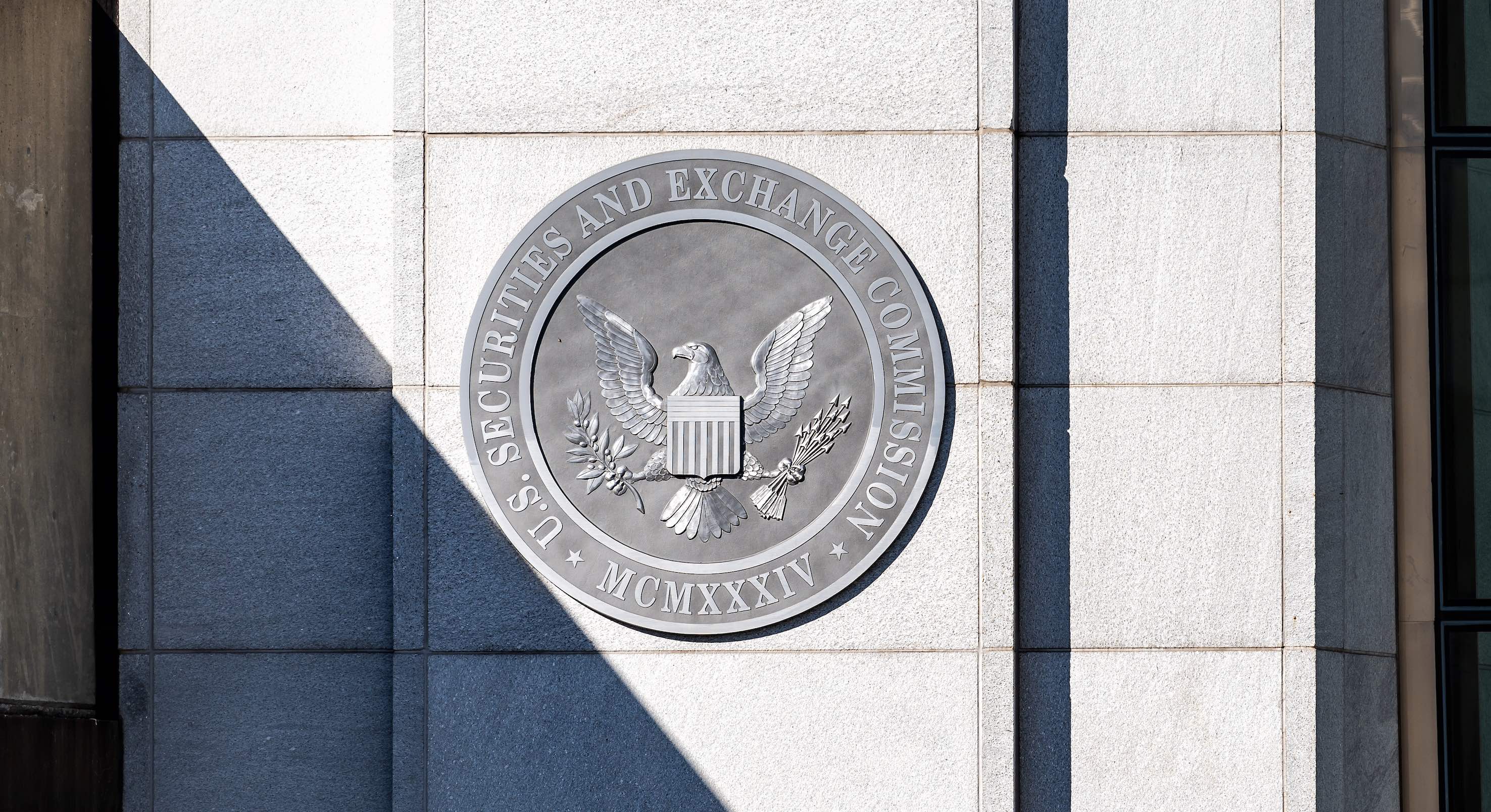Labour Landslide Sets Up Starmer as UK Prime Minister With Unstated Crypto Plans
-
The U.K.’s Labour Party won a landslide victory in Thursday’s general election.
-
Crypto was not mentioned in the party’s election manifesto, but Labour has previously commented on tokenization and the digital pound.
The Labour Party won Thursday’s U.K. general election with a landslide that ended 14 years of Conservative rule and will install Keir Starmer as prime minister with a legislative program that leaves the direction of crypto regulation unclear.
Labour won well over the 326 seats needed for a majority, with BBC reporting it held 388 seats as of 6:00 a.m. British Summer Time (5:00 UTC) Friday, relegating the Tories – as the Conservative Party is known – to just under 100 as of press time. Neither party mentioned the crypto industry in their manifestos in the lead-up to the election. Labour concentrated on the economy, police and the National Health Service.
The Conservative’s stance on crypto, by virtue of its long tenure in government, is clearer. The party had said it wanted the country to be a crypto hub, enacted legislation for crypto to be treated as a regulated activity and consulted on future plans including stablecoin rules. Bim Afolami, who served as Economic Secretary under outgoing Prime Minister Rishi Sunak, graced the stages of many fintech conferences and had promised the government would issue secondary legislation for stablecoins.
Labour, for its part, has said it will support the Bank of England’s digital pound plans. A decision on whether to issue the central bank digital currency (CBDC) will be taken by the bank in 2025-2026. Before that happens, the Parliament will need to approve the appropriate legislation.
BBC forecast that Labour might end the night with 410 seats, as opposed to the Conservatives’ 144. In a victory speech early Friday, Starmer said, “change begins now.”
“Four and a half years of work, changing the party, this is what it is for: a changed Labour Party ready to serve our country, ready to restore Britain to the service of working people,” he said.
“The Labour Party has won this general election and I have called Keir Starmer to congratulate him,” Sunak said in a concession speech early Friday. “The British people have delivered a sobering verdict tonight.”
In January, Labour released a plan for financial services that included making the country a securities tokenization hub by “advancing work to clarify the law around tokenization.” Tokenization is the digital representation of financial and other assets on the blockchain.
There is room for Labour to do more, members of the crypto community told CoinDesk before the election. That includes putting through the needed regulations identified by the previous government as well as enhancing guidance on promotional material for the sector.
“A lot of the really important work has been done and it’s not been done by the parties themselves, it’s been done by government departments,” Jordan Wain, U.K. policy lead at Chainalysis, told CoinDesk in an earlier interview. “It’s been done by the FCA [Financial Conduct Authority], they’re the ones that are formulating legislation. They are not going to sweep all of that hard work off the table, it’s not going anywhere.”
Edited by Sheldon Reback and Nikhilesh De.
Disclosure
Please note that our
privacy policy,
terms of use,
cookies,
and
do not sell my personal information
has been updated
.
CoinDesk is an
award-winning
media outlet that covers the cryptocurrency industry. Its journalists abide by a
strict set of editorial policies.
In November 2023
, CoinDesk was acquired
by the Bullish group, owner of
Bullish,
a regulated, digital assets exchange. The Bullish group is majority-owned by
Block.one; both companies have
interests
in a variety of blockchain and digital asset businesses and significant holdings of digital assets, including bitcoin.
CoinDesk operates as an independent subsidiary with an editorial committee to protect journalistic independence. CoinDesk employees, including journalists, may receive options in the Bullish group as part of their compensation.
:format(jpg)/www.coindesk.com/resizer/s18497Qm3Z2y-HO3cp7rBID5v2Y=/arc-photo-coindesk/arc2-prod/public/HC2J5TLYLFCRDEVA4SPLXUAIXI.jpg)
Camomile Shumba is a CoinDesk regulatory reporter based in the UK. She previously worked as an intern for Business Insider and Bloomberg News. She does not currently hold value in any digital currencies or projects.
Follow @camomileshumba on Twitter








